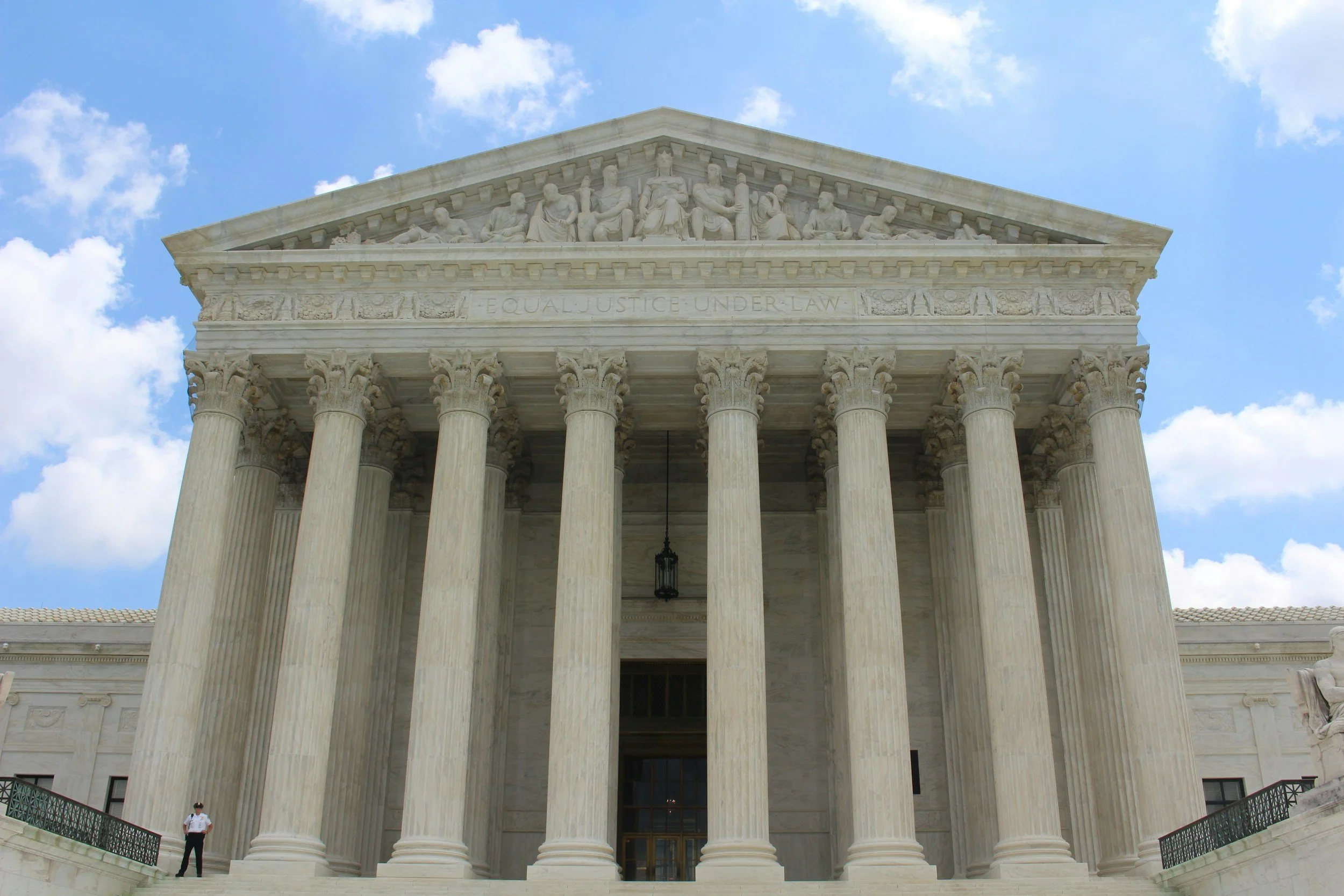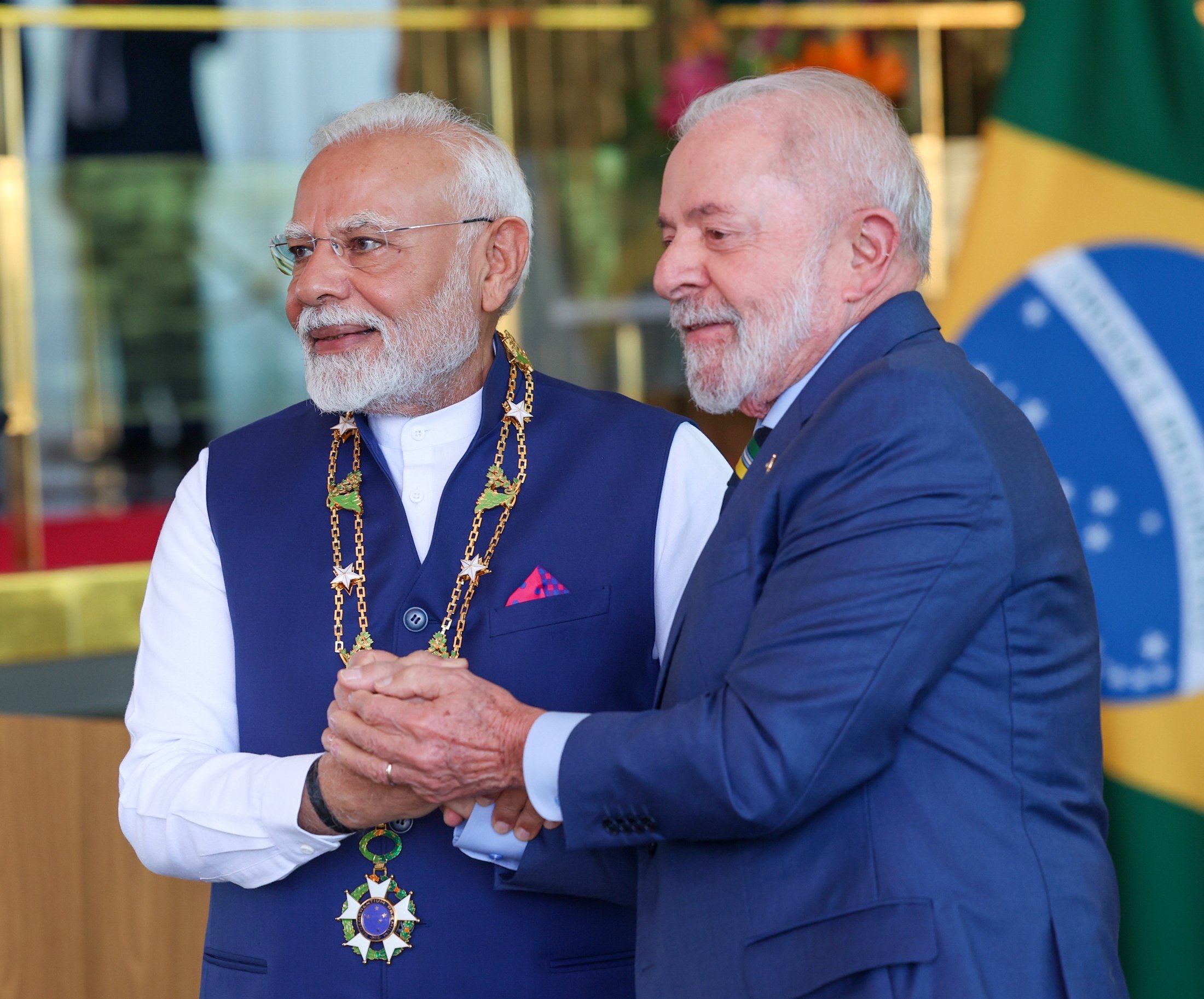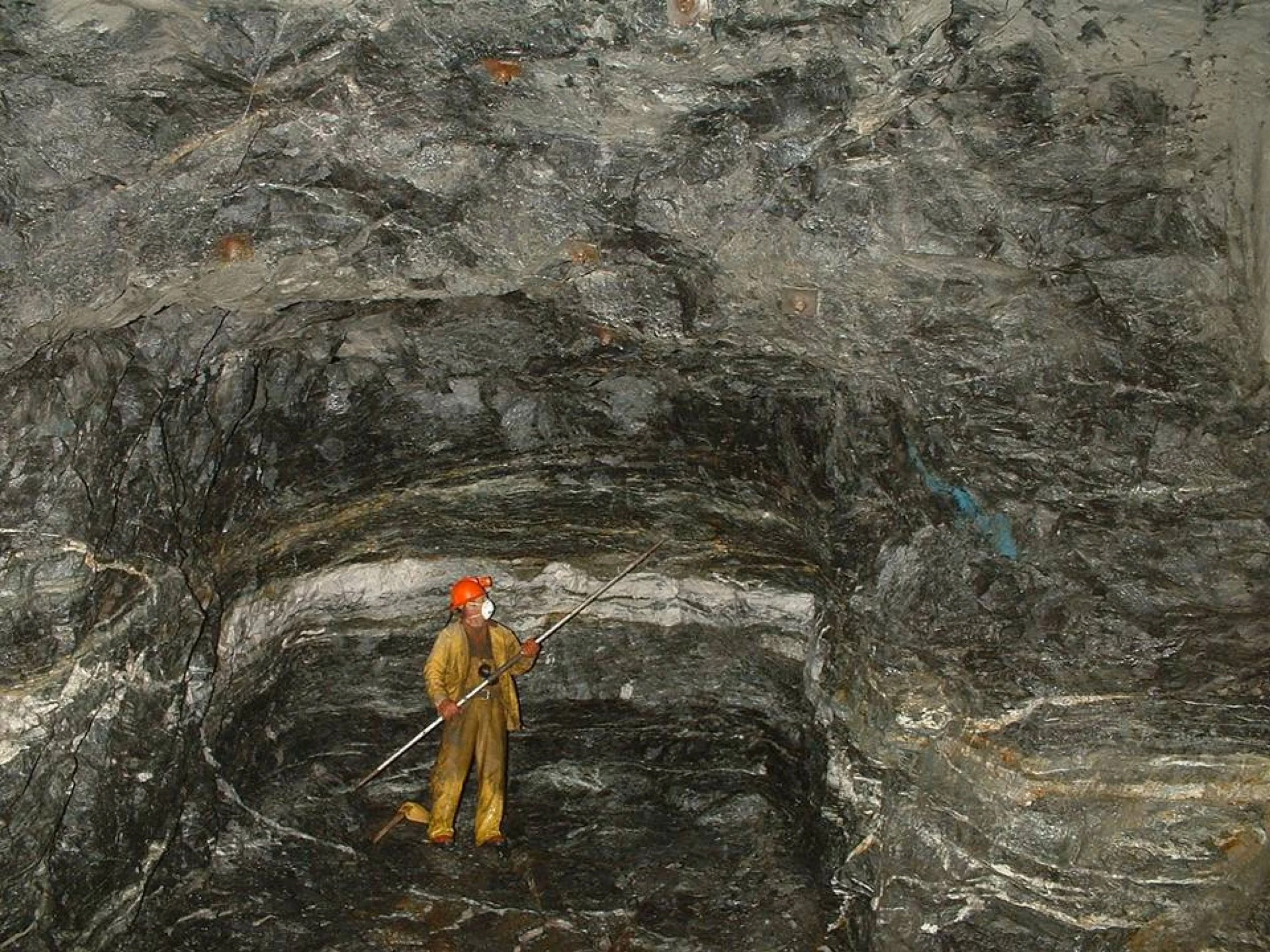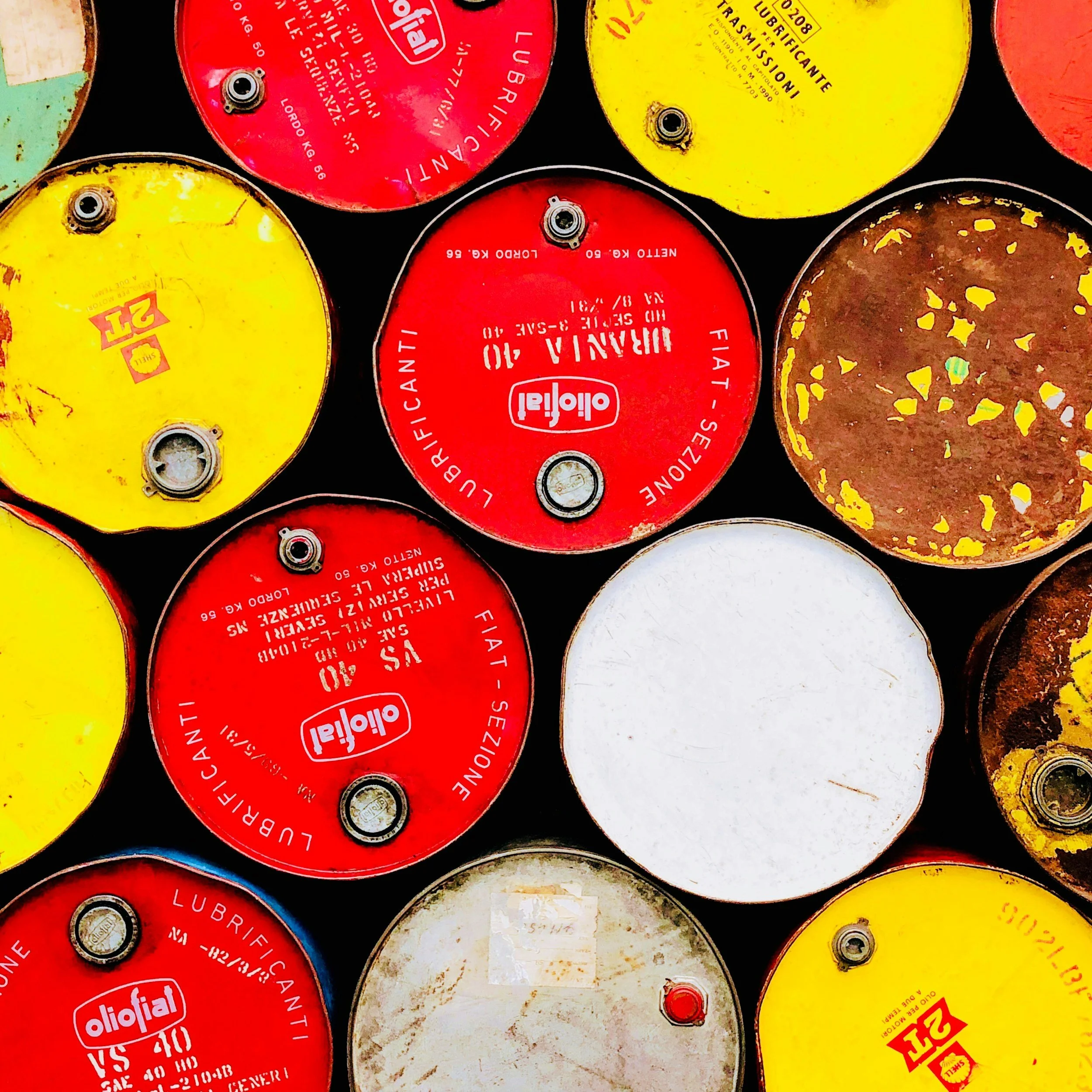By Medha Prasanna
Joint innovation in water-efficient cooling, collaborative investment in low-carbon hyperscale campuses, and harmonized approaches to land and community engagement could make the U.S.–India partnership a global benchmark in data infrastructure.









